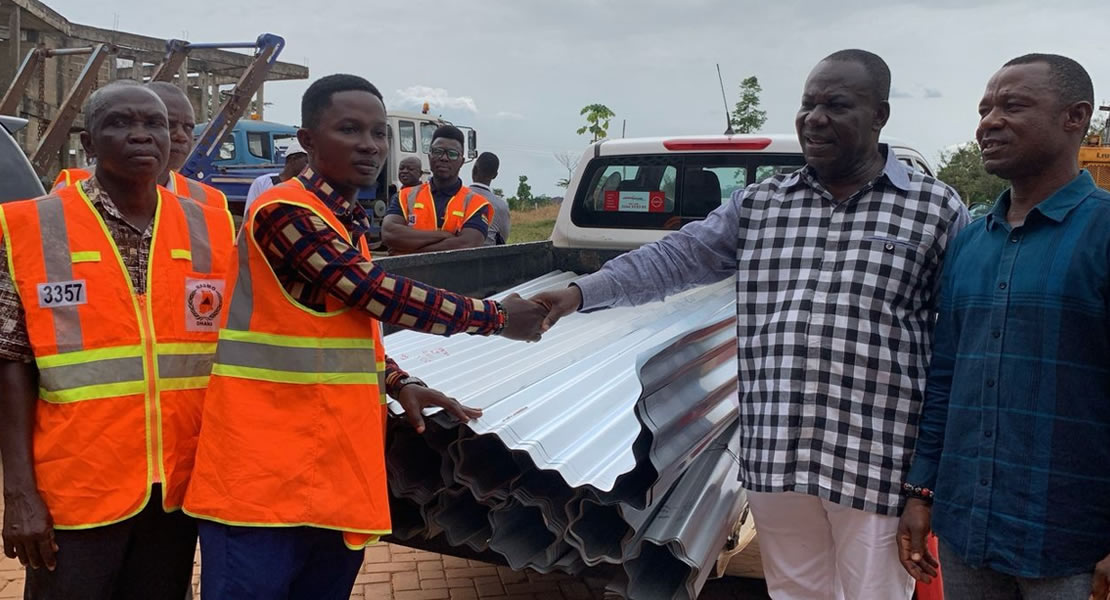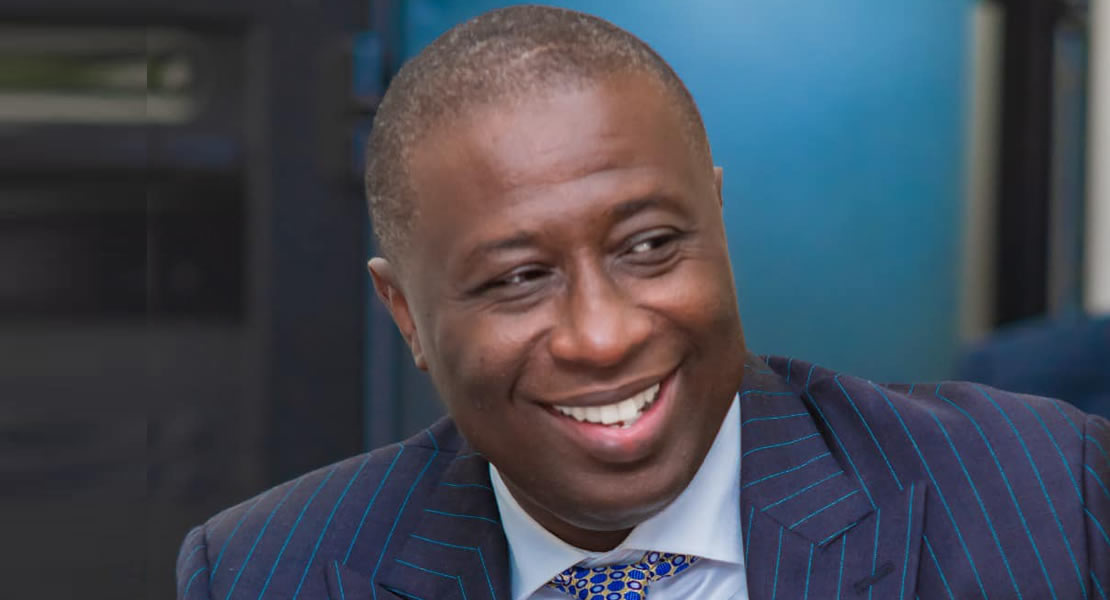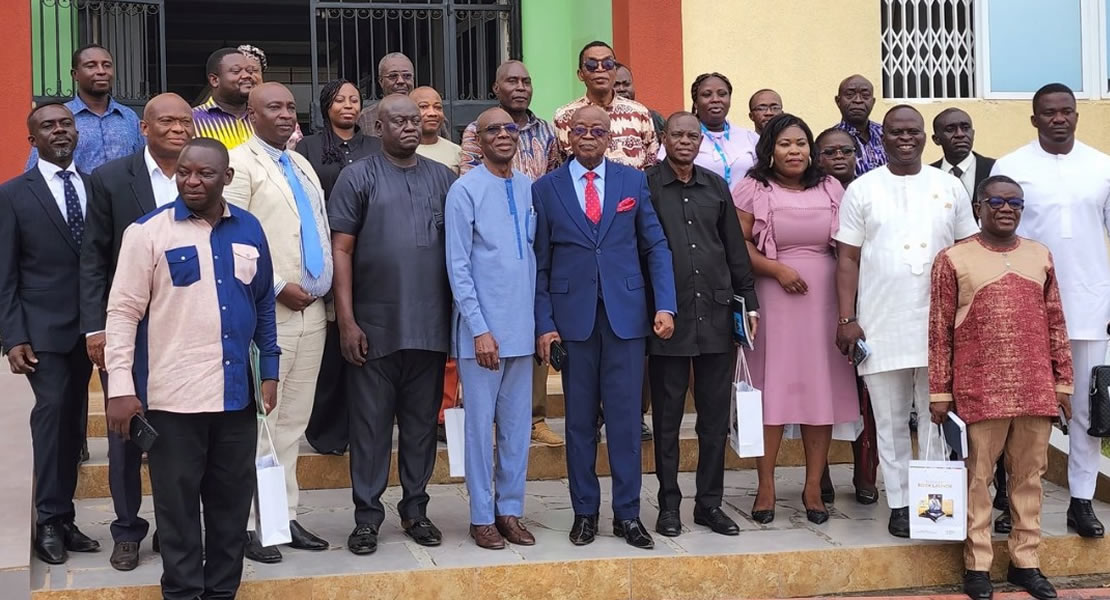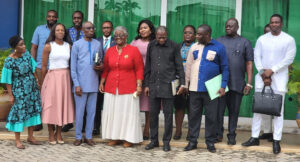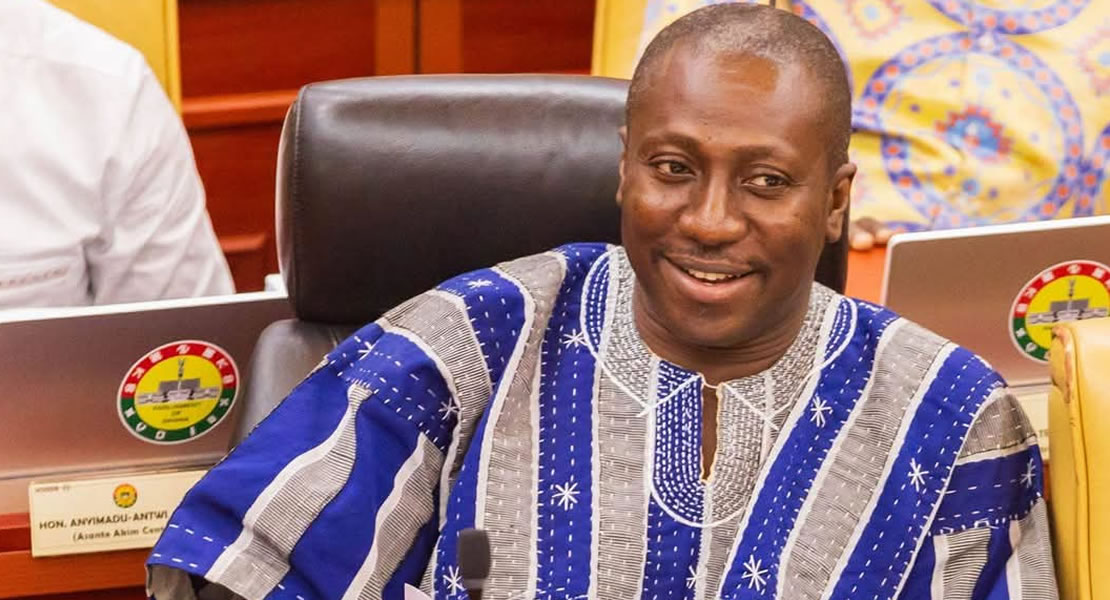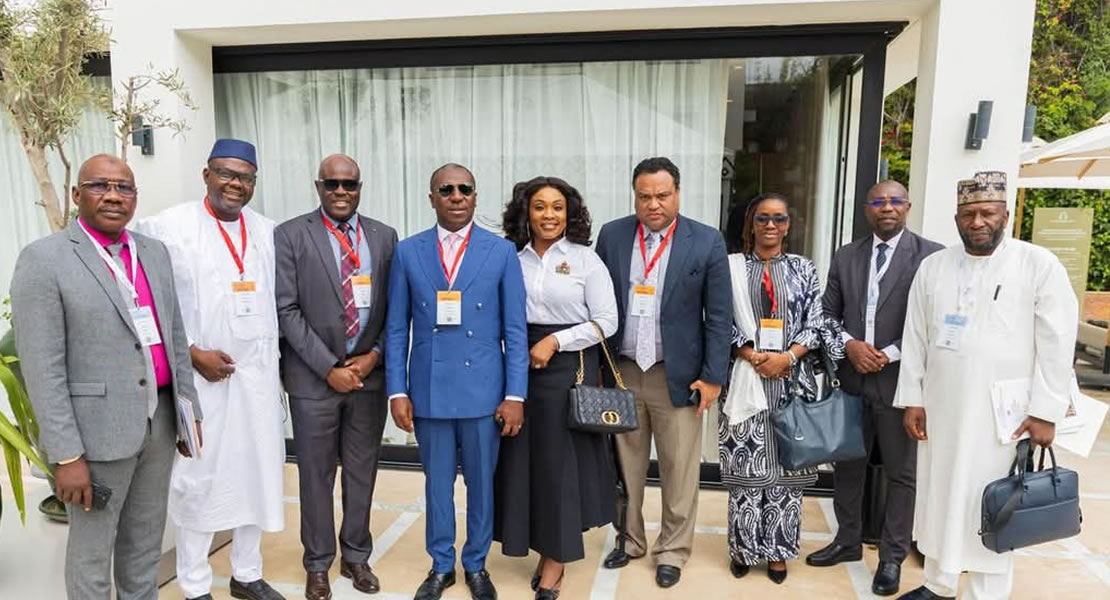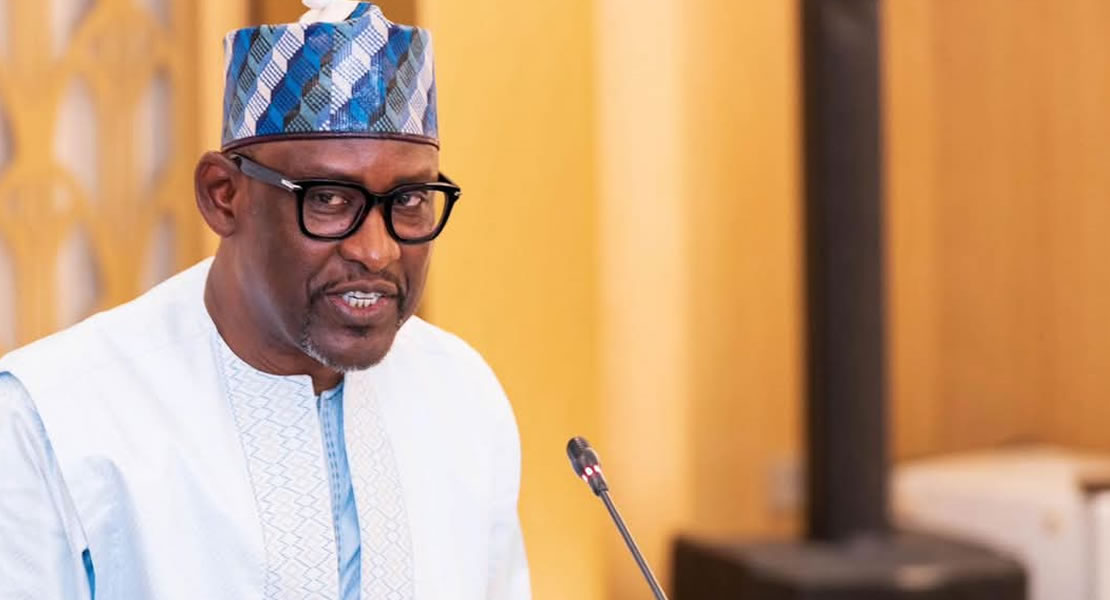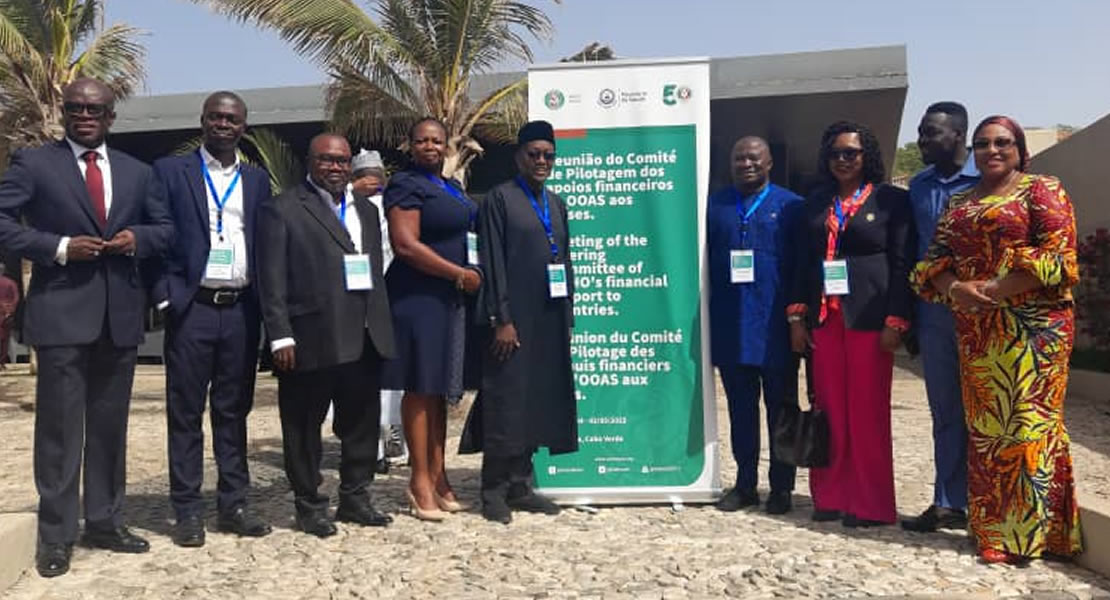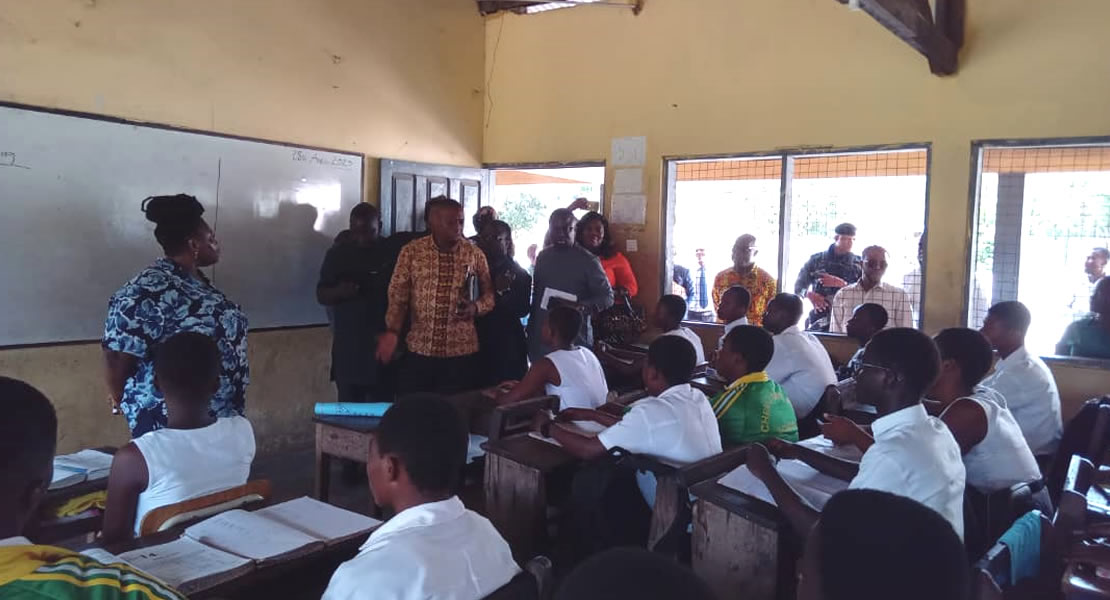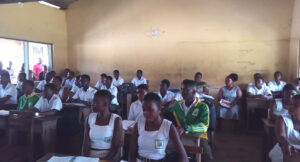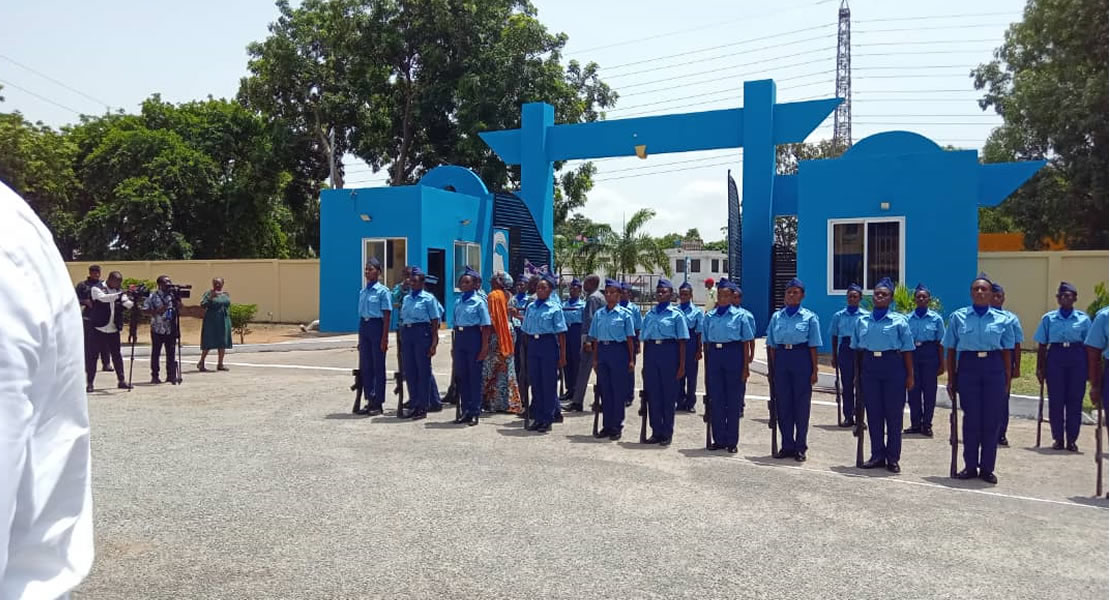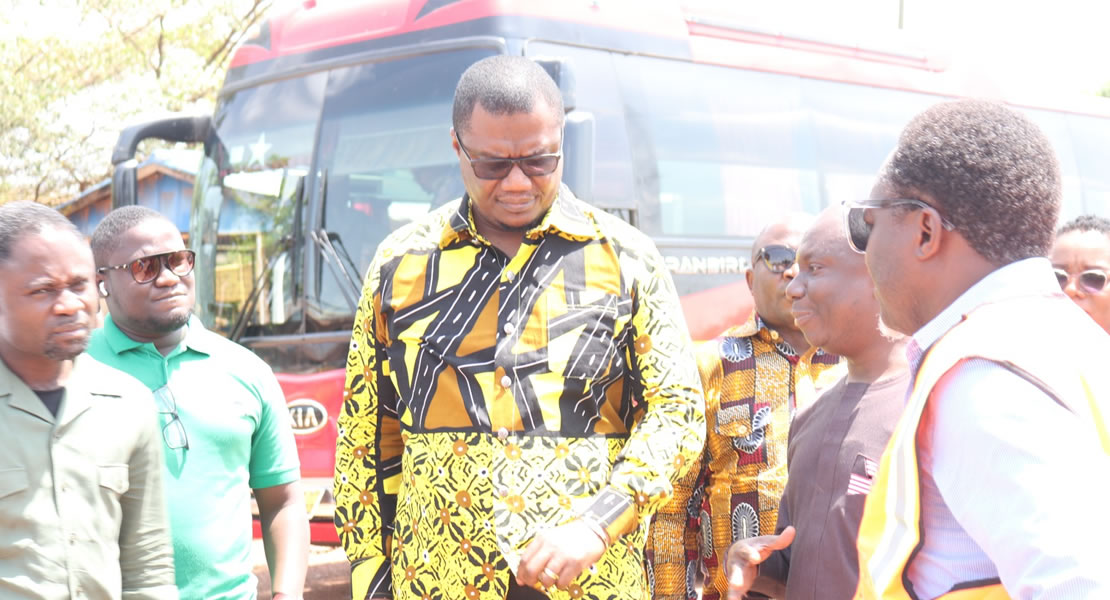Mr Seth Osei Akoto, Member of Parliament (MP) for Atwima Mponua, has extended support to victims of the recent devastating rainstorm in Nyinahin, reaffirming his commitment to the welfare of his constituents during times of crisis.
The MP at a ceremony presented relief items such as roofing sheets and mattresses to the affected persons and their families.
The gesture, which was warmly received by community members and local officials, aims to provide immediate support as the victims work to rebuild their lives.
Mr Akoto, speaking at the ceremony, appealed for greater support from various stakeholders.
He urged the government, NGOs benevolent organizations and private individuals to help provide the needed support to the victims.
“While I have made this donation, I acknowledge that the scale of devastation is beyond the capacity of any one person to address fully.
It is time for all stakeholders, philanthropists, and organizations to come together to support our people,” Mr Akoto emphasized.
Mr Otuo Acheampong Rabi, Atwima Mponua District NADMO Director, who received the items on behalf of the victims, expressed profound gratitude to the MP for his thoughtful intervention.
He noted that the items would significantly ease the hardships being endured by the displaced families.

“The support from Mr Akoto comes at a critical time.
It shows that true leadership is about standing with the people during their most difficult moments,” Mr. Acheampong said.
Also present at the ceremony was the Assembly Member for Nyinahin Nkwanta Electoral Area, Mr Kwabena Karikari, who commended the MP’s commitment and responsiveness.
On behalf of the affected residents, he conveyed heartfelt appreciation for the timely support.
“This donation has brought hope to many families who have been left vulnerable after the storm.
We are grateful for the MP’s leadership and kindness,” Mr Karikari said.
Several of the victims, moved by the MP’s gesture, also shared their appreciation, describing the support as a “beacon of hope” in a time of despair.
The rainstorm that struck Nyinahin caused widespread destruction, leaving many families homeless and in urgent need of assistance.
Samuel Ofori Boateng
